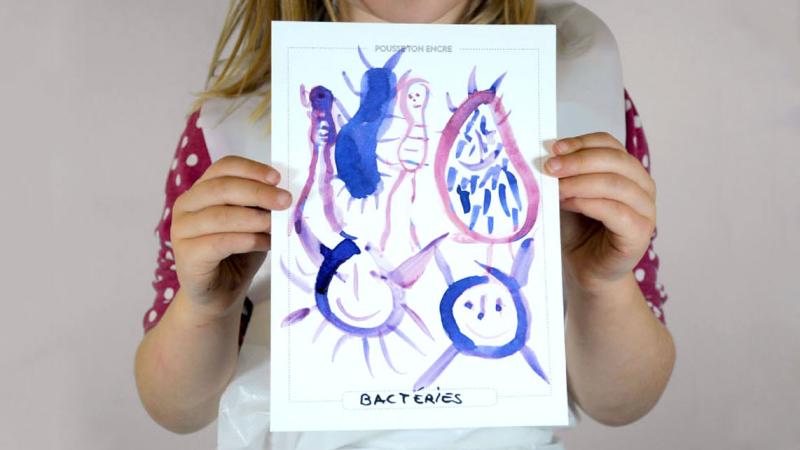Panel discussion on “(Bio)Designing the Future of Medicine” to be held Nov. 3
October 29, 2015

To celebrate the launch of Art_X @ Rensselaer, members of the campus and community are invited to the third in a series of events highlighting the new initiative. A panel discussion, titled “(Bio)Designing the Future of Medicine: Accelerating Discovery and Innovation at the Intersection of the Arts, Science, and Engineering,” will be held Tuesday, Nov. 3, 4:30 to 6 p.m. in the Center for Biotechnology and Interdisciplinary Studies (CBIS) Auditorium.
The panel will include Rensselaer faculty members Deepak Vashishth, professor of biomedical engineering and director of CBIS, and Kathy High, professor of arts, along with Biodesign Challenge leaders Daniel Grushkin and Wythe Marschall.
Co-sponsored by the School of Humanities, Arts, and Social Sciences (HASS), and CBIS, the panel will discuss crossovers between art/design and science and the possible futures for collaborations. Rensselaer is participating in a national competition with the newly developed Biodesign Challenge (BDC), which offers art/design, engineering, and science students the opportunity to envision future applications of biotechnology in a competition that highlights student work.
The Art_X initative is designed to help Rensselaer students discover the art in science and technology, as well as the science and technology in art. Art_X includes team-taught classes that bring together artists, scientists, engineers, architects, and business experts—as well as the incorporation of artistic concepts throughout the curriculum.
“HASS is focused on responding to the world’s greatest challenges with agenda-setting research on human societies, institutions, minds, arts, and cultures,” said HASS Dean Mary Simoni. “Within a technological university, our school sits at the crossroads of humanity and technological innovation. We are seekers. We seek to understand the very nature of our humanity. Art_X is one of several programs that frame Rensselaer as The New Polytechnic by challenging the Rensselaer community to question the fundamental tenets that underpin the arts and sciences.”
“Blending biotechnology and the arts, using emerging tools and technologies, opens imaginative and exciting pathways to create new medicines, materials, and more,” said CBIS Director Deepak Vashishth. “Making progress requires bringing together experts across disciplines, sectors, and regions—often in non-traditional ways—to find creative solutions to the world’s most vexing challenges. It also requires us to prepare the next generation to think and work together in new, innovative ways. This forum provides an opportunity to discuss how to do just that.”
“Biotechnology is shaping our lives through food production, home products, building materials, new energy solutions, medicines, and much more,” High said. “Artists and designers need to engage with biotech challenges alongside engineers and scientists to understand the debates and thoughtfully and ethically problem-solve. The BDC will launch at the industry conference Biofabricate. BDC brings together leading universities in the country that foster collaborations between designers and artists with scientists.”
Grushkin is a former fellow at the Woodrow Wilson International Center for Scholars, where he researched the field of synthetic biology. He is an Emerging Leader in Biosecurity at the University of Pittsburgh Medical Center Center of Health Security. In 2010, he co-founded Genspace in Brooklyn, the world’s first community laboratory. Fast Company ranked Genspace fourth among the top 10 most innovative education companies in the world. As a journalist, he reports on the intersection of biotechnology, culture, and business for publications including Bloomberg Businessweek, Fast Company, Scientific American, and Popular Science.
Marschall is a writer and Ph.D. candidate in the Department of the History of Science at Harvard, where he researches the intersection of biotechnology, ecology, and culture. Previously, Marschall lectured at Brooklyn College, curated art and science exhibitions and events in New York City, and worked in advertising, most recently as a copy supervisor at NeON (Draftfcb). His writing has appeared in McSweeney’s Quarterly Concern and elsewhere.